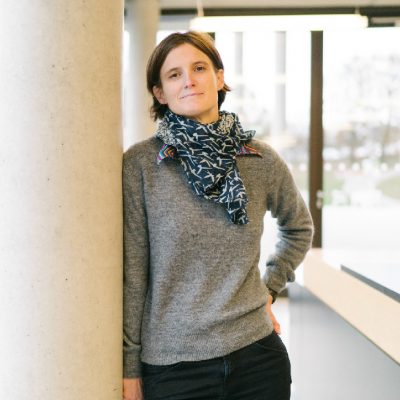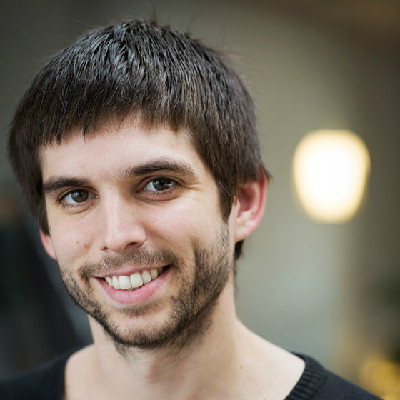Summer School 2022
Friederike Mengel is a Professor of Economics at the University of Essex and a Visiting Guest Professor at Lund University. Her research is focused mainly on (Evolutionary) Game Theory and Learning with a particular interest in learning across games and categorisation as well as models of (bounded) rationality more generally. She also studies the behaviour in social networks and the emergence of social norms. Recently, she has started to work on repeated games and on the formation of preferences. She received an ERC Starting grant in 2018 for her work on Opinion Dynamics. Professor Mengel currently teaches or has taught courses on Microeconomic Theory, Game Theory, Mathematics and Behavioural Economics. Professor Mengel was awarded a PhD in Quantitative Economics in 2008 from the University of Alicante.
Pol Campos-Mercade is a Postdoc researcher at the Department of Economics, University of Copenhagen, and member of the Center for Economic Behavior and Inequality (CEBI). He obtained his MSc in Economics from the University of Barcelona in 2015 and his PhD in Economics at Lund University in 2020.
As an applied economist, he uses field experiments, lab experiments, and theory to investigate issues related to education, health, and behavioral economics. His main interest is to study how incentives and reference points affect people’s decision-making, such as studying harder or taking a COVID-19 vaccine. In a second strand of research, he studies how heterogeneity in preferences can explain heterogeneity in behavior.
Candidates to the Summer School programme at the UB School of Economics should ensure that they meet the requirements before applying to the course:
– Students should possess a solid background in Economics or related field.
– Although no language certificate is required, we expect all applicants to show full competency in English.


